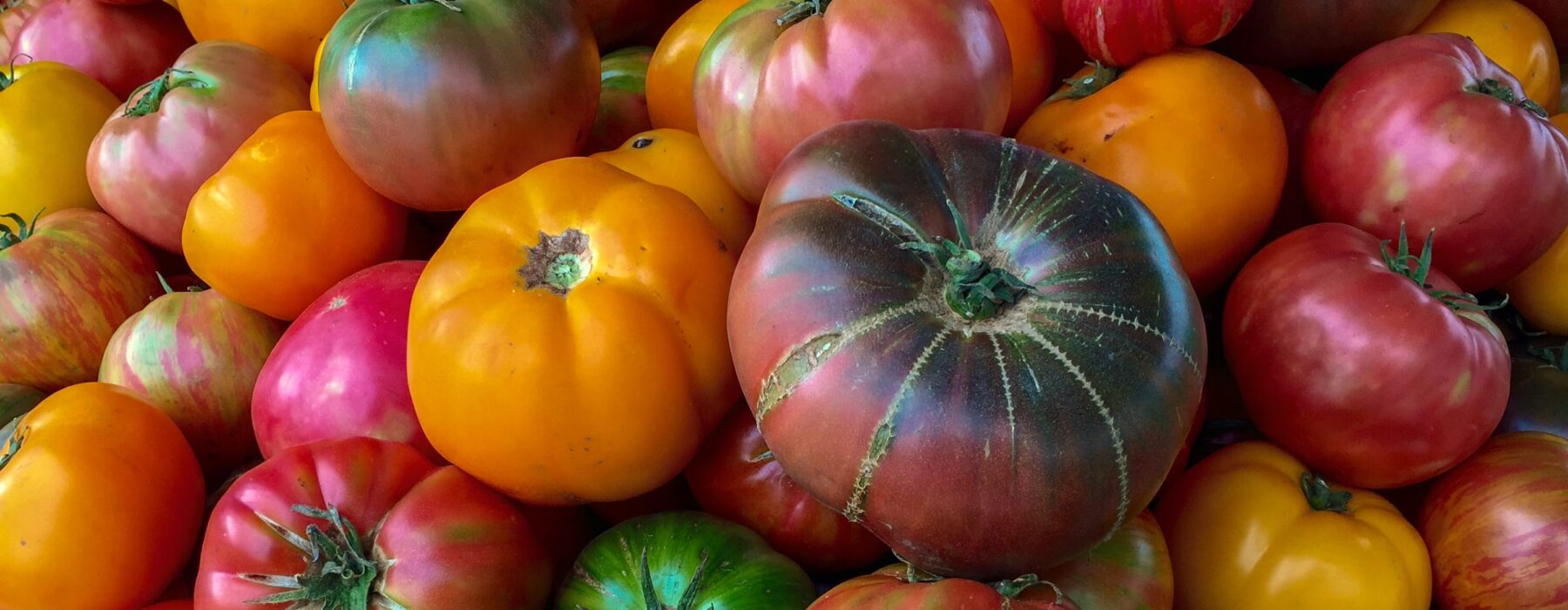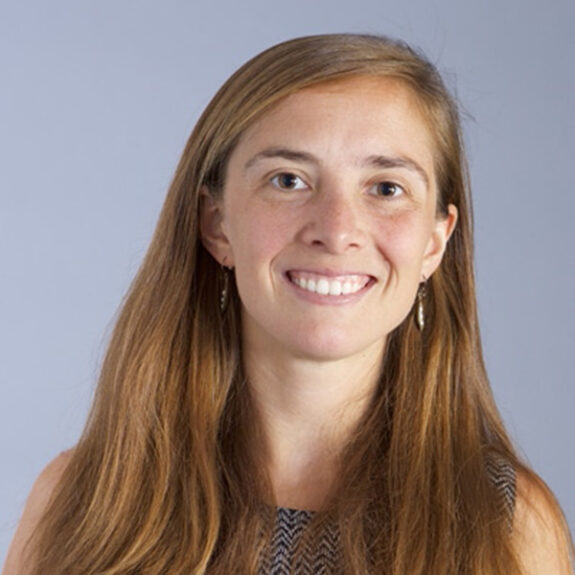This case study examines how the Boston’s largest food purchaser, Boston Public Schools, has updated its procurement process according to the Good Food Purchasing Policy.
The Healthy Food Policy Project (HFPP) produced a case study that followed the policy development, coalition building, and passage of ordinance §4-9. This updated case study highlights Boston’s progress toward implementing the values-based procurement required by the GFPS and provides a few key lessons learned.
Introduction
In March 2019, the Boston City Council passed Boston Municipal Code §4-9, an ordinance “Requiring City Departments and Vendors to Adopt Good Food Purchasing Standards” (GFPS).1 The ordinance requires city departments to use five value categories as defined by the Center for Good Food Purchasing as a framework to guide food procurement decisions: local and community-based economies, environmental sustainability, valued workforce, animal welfare, and community health and nutrition.2 Boston’s ordinance also encourages food procurement that ensures a fair price for farmers and invests in minority and disadvantaged communities.
The passage of the GFPS in Boston resulted from an initiative driven by a diverse coalition of stakeholders committed to values-based food procurement.3 Now Mayor, then Councilor-at-Large, Michelle Wu introduced the ordinance.4Supporters of Boston’s GFPS initiative hoped to leverage city purchasing power to improve sustainability, fair working conditions, and local opportunity in the regional food system. At the time, Boston joined nine other cities that passed laws or municipal ordinances based on templates provided by the Center for Good Food Purchasing. The Center for Good Food Purchasing continues to support Boston and Boston Public Schools (BPS) in the implementation of values-based procurement policies, which includes supporting Boston with action planning and program updates released in 2023.
To date, implementation of the GFPS has primarily focused on procurement at Boston Public Schools (BPS), the city’s largest food purchaser. Since 2019, BPS has increased the number of values-aligned products it purchases by reaching out to suppliers, hiring a new director with Good Food Purchasing Program (GFPP) expertise, and changing bidding practices to incorporate GFPS values.
Acknowledgements
This case study was produced by the Center for Agriculture and Food Systems (CAFS) at Vermont Law and Graduate School and is funded by the National Agricultural Library, Agricultural Research Service, U.S. Department of Agriculture. Other CAFS contributors to this resource include Laurie Beyranevand, Director and Professor of Law, and Austin Price, Communications Manager.
CAFS thanks the following people for reviewing this case study and providing edits and feedback: staff from the Boston Public Schools Food and Nutrition Services, including Anneleise Tanner, Executive Director, and Nancy Fisher, Special Projects; River Figueroa, Procurement and Contracts Manager for Boston Public Schools; staff from the Boston Mayor’s Office of Food Justice, including Aliza Wasserman, Director, and Laura Alves, Manager of Strategic Initiatives; staff from the Center for Good Food Purchasing including Lauren Taniguchi, Communications Manager, and Molly Riordan, Director of Institutional Impact; and Matt Chin, President of Harvesting Good. Reviewers did not review the final document and do not necessarily agree with all statements in the case study, but they provided tremendously thoughtful guidance and feedback on its content.

